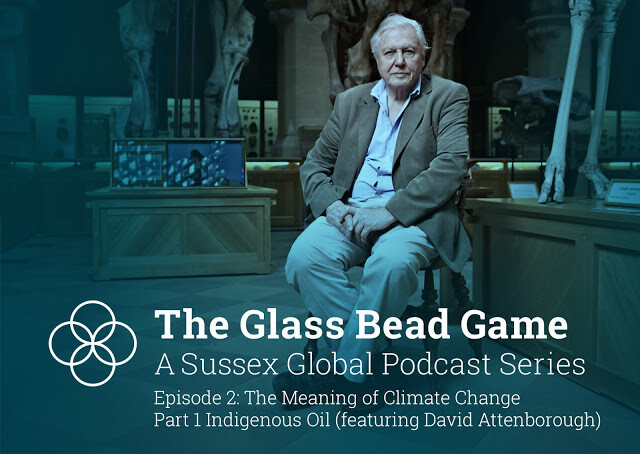For a comedy fan such as myself, it has been a delight to become reacquainted with Richard Herring through his multiple audio adventures. In his latest series, Richard Herring's Leicester Square Theatre Podcast (A.K.A. RHLSTP), the comedian hosts conversations with other humourists in front of a live audience; somehow, in between asking questions concerning ham-hands or Shrek, Herring manages to coax profound and frank confessions from his guests. Famously, Stephen Fry candidly recalled to Herring a failed attempted suicide whilst, more recently, Ray Peacock movingly addressed his own issues with mental illness.
Similarly, I've found myself hooked on a number of long-running series from across the pond, not least of which include the pioneering This American Life and its innovative spin-off Serial . The two shows represent a combination of in-depth, high quality audio-journalism presented in easily digestible narrative chunks - they're a perfect combination of the cerebral and the conversational. To round up my eclectic preferences, my hours are filled with audio content as disparate as New Statesman's current affairs and pop culture podcasts , the latest news and reviews from ProWrestling.Net and, inevitably, the wittertainment that spews from Kermode and Mayo 's mouths on a weekly basis.
It is safe to say that I've founded myself converted into a discerning audiophile in recent years as my passion to discover new enlightening and entertaining podcasts has grown and grown. I have become insatiable. Thankfully, then, I have been thrilled to discover a new series which I could add to my already extensive roster of listening treats.
The Glass Bead Game , a monthly show stemming from the University of Sussex, ticks all the right boxes that one could possibly wish for. Inspired by complex stories, the series looks to communicate grand ideas in an audio format which is not only highly informative but, essentially, thoroughly engaging. Indeed, The Glass Bead Game's website presents a mission statement as such: "The purpose of this podcast series is to create a platform by which academic research can engage with an audience through people led narrative." This they achieve with gusto and brio.
So far the show's episodes have jumped head-first into two highly complicated, and potentially dry, subject matters - it is testament to the invention at hand that The Glass Bead Game has delivered concise, gripping and enjoyable documentaries around the topics of both the Greek financial crisis and the Meaning of Climate Change. The discussions breeze on by and, at the end of each episode, one seems not to have only enjoyed a pleasant listening experience but to have soaked up more knowledge than is accountable for. Its a fun version of osmosis.
The success of The Glass Bead Game can be partially explained by the high caliber of the guests at hand - David Attenborough and Naomi Klein appear amongst others - but mainly it is the neatly structured and smoothly edited narratives presented throughout which makes the podcast stand out from its peers. Whilst the term "academia" (and the associations of impenetrable pseudo-intellectualism which this may conjure up) may be off-putting for some it needn't be. This is a fine example of people who are experts in their fields concisely and clearly communicating bigger ideas for us all to understand and enjoy.
My only gripe, and indeed it is a curmudgeonly and superficial complaint, is that I wish I didn't have to wait so long in between episodes. Alas, quality is worth waiting for.


No comments
Post a Comment